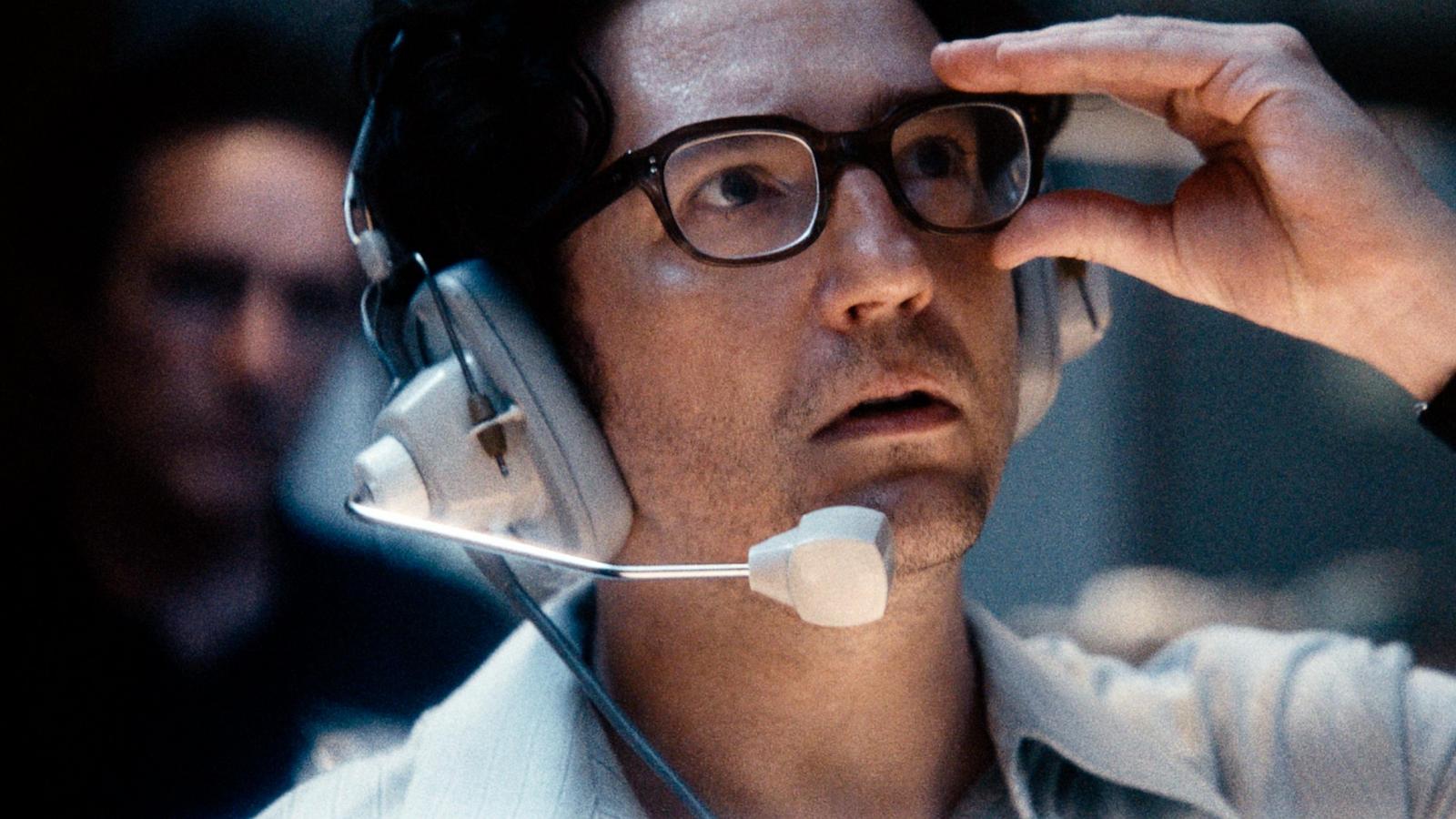Dive into the Gripping Story Behind "September 5": A Film that Redefines Journalism Ethics
Get ready for a captivating cinematic journey into the heart of one of history's most pivotal moments. "September 5" isn't just a movie; it's a visceral experience that plunges viewers into the chaotic control room of ABC Sports during the 1972 Munich Olympics hostage crisis. Prepare to be hooked as we uncover the untold story of how this event forever changed the landscape of journalism and redefined what it means to cover a breaking news tragedy.
The Pressure Cooker: Inside the ABC Control Room
The film masterfully recreates the tense atmosphere of the ABC control room, bringing the urgency and moral dilemmas faced by the broadcast team to life. With a stellar ensemble cast, including John Magaro as producer Geoffrey Mason and Peter Sarsgaard as Roone Arledge, "September 5" is a gripping exploration of real-time decision-making under unthinkable pressure. These individuals, thrust into covering an unprecedented crisis, grappled with complex ethical questions that resonate even today. Did they sensationalize the event or did they responsibly report it? Were their actions ultimately heroic or questionable?
Imagine the intensity: 900 million viewers worldwide tuned in, watching history unfold on their screens. The producers didn't just report the news; they became part of it, forced to navigate the blurry lines between reporting a breaking news event and engaging in responsible storytelling while managing the emotional strain of watching events unfold. The pressure of that singular role created a complex tapestry of conflict and decision-making that makes for an astonishing story.
A Seminal Moment in Media History
"September 5" expertly portrays a watershed moment in media history. The film highlights the pivotal decisions and moral struggles that unfolded behind the scenes during this live broadcast. While events such as the rescue of Kathy Fiscus from an abandoned well in 1949 certainly paved the way, this event took the need to create engaging stories to a completely new level. The broadcast wasn't merely a record of events; it became a global shared experience. The film emphasizes the immense impact that this event had on shaping how breaking news events are covered, and whether or not our own modern day reporting does this adequately.
This harrowing tale offers the viewers an extraordinary opportunity to reflect on the power of television as a means to show and expose difficult stories. One thing is certain: "September 5" serves as a powerful reminder of the responsibilities and challenges inherent in reporting tragic events. Viewers have the opportunity to question and contemplate their own viewpoints on journalism and its relation to reporting and the public's expectations.
Authentic Recreation, Unforgettable Performances
Director Tim Fehlbaum's commitment to authenticity is palpable. The film uses actual archival footage, enhancing the sense of immersion. Every detail, from the period-specific equipment to the performances of its incredible cast, feels painstakingly researched. It’s hard to not be drawn into the authenticity. Each actor gives a powerful performance, from John Magaro who takes on the lead role as a young, inexperienced producer and the ensemble cast who portray the members of the broadcasting team who report the unfolding events. The entire atmosphere, in turn, creates an incredible sense of realism for the film that only enhances the experience and message.
Magaro's portrayal of Geoff Mason stands out—a man grappling with the enormity of the situation and the evolving nature of ethical journalistic practices. With his immersive experience on the set that mimicked a submarine (an intriguing nod to "Das Boot"), we get a glimpse into his character's struggles. The film doesn't just present a news story; it humanizes the individuals caught in the whirlwind of historic events, adding another layer to the gripping narrative and overall impact of this fascinating film.
A Timeless Question: Has Anything Really Changed?
"September 5" leaves viewers pondering whether journalistic ethics have truly evolved since 1972. In a modern world saturated with instant news and social media's potential for misinformation, the film's central questions regarding balance and objectivity in journalism—particularly regarding events of crisis—remain strikingly relevant and current. While technology has transformed our lives immensely, we also still must contend with today's complicated landscape. With constant changes to reporting news, it would appear as though some things may have improved. Yet, "September 5" shows that the core ethical questions regarding broadcasting and journalism remain a constant part of the story, showing that while news mediums may change, many aspects remain constant. This timeless aspect adds power and depth to the message portrayed in this fascinating film.
Take Away Points
- "September 5" offers a compelling look into the ethical challenges inherent in live television journalism during a global crisis.
- The film emphasizes the power of media in shaping the narrative, raising timely questions about the presentation of news, regardless of the medium.
- Despite technological advancements, the film highlights the lasting impact of foundational ethical dilemmas and dilemmas faced in live media broadcasting, showing that even with change, there remains many things that stay constant.
- The immersive cinematic experience with accurate production value offers an intriguing viewing experience that raises the important issue of whether, no matter the medium, certain ethics should always remain constant.




